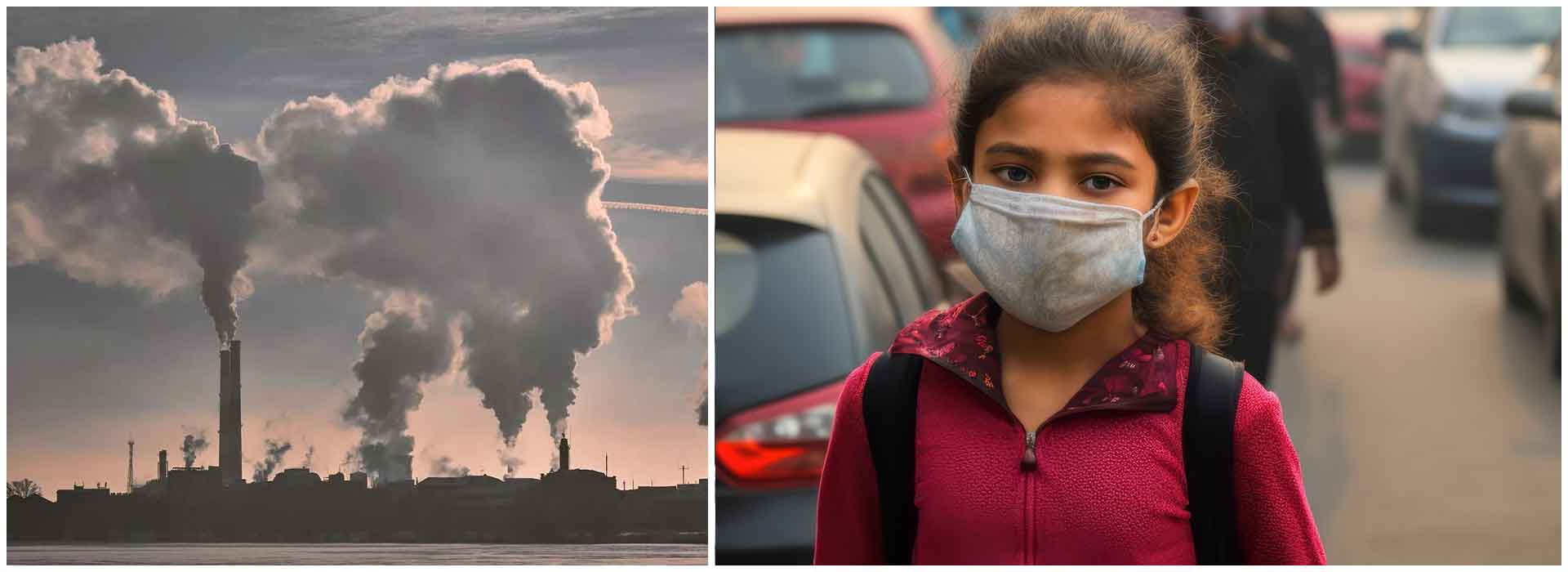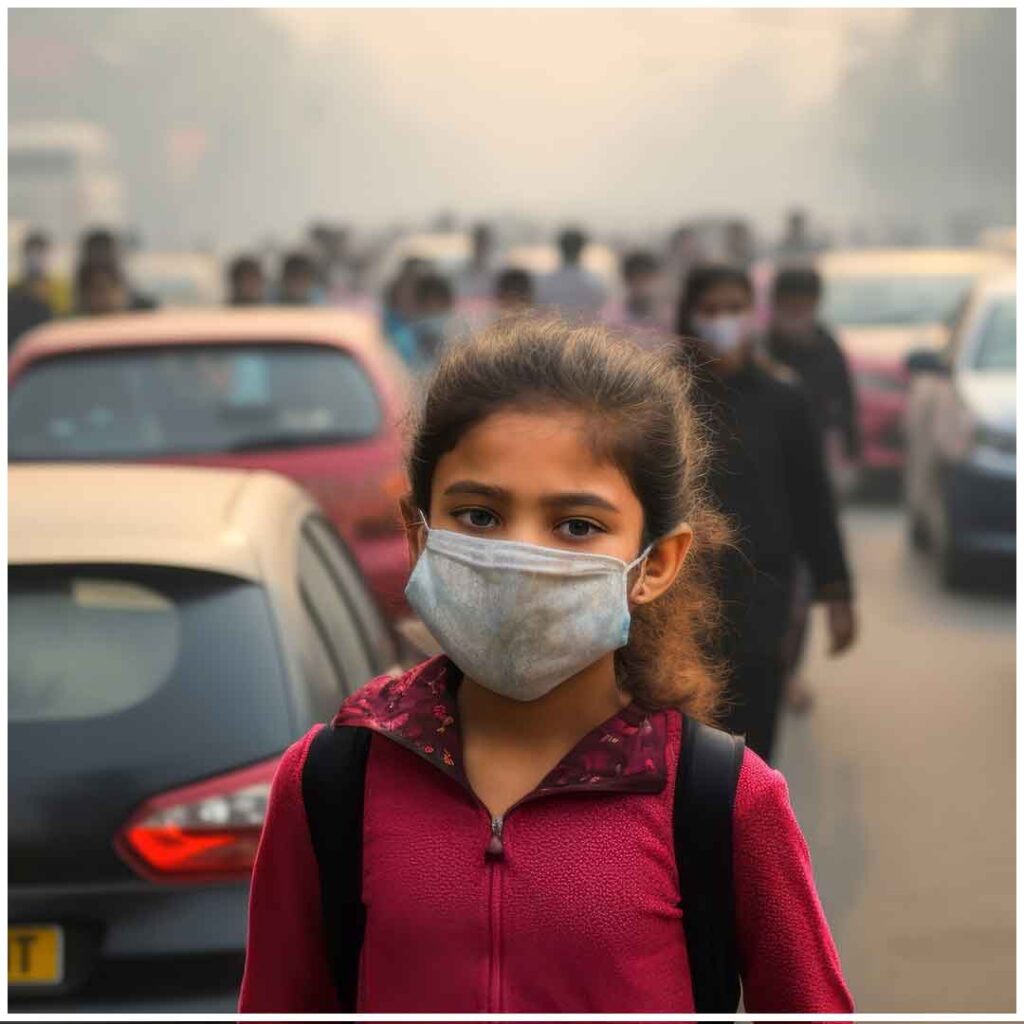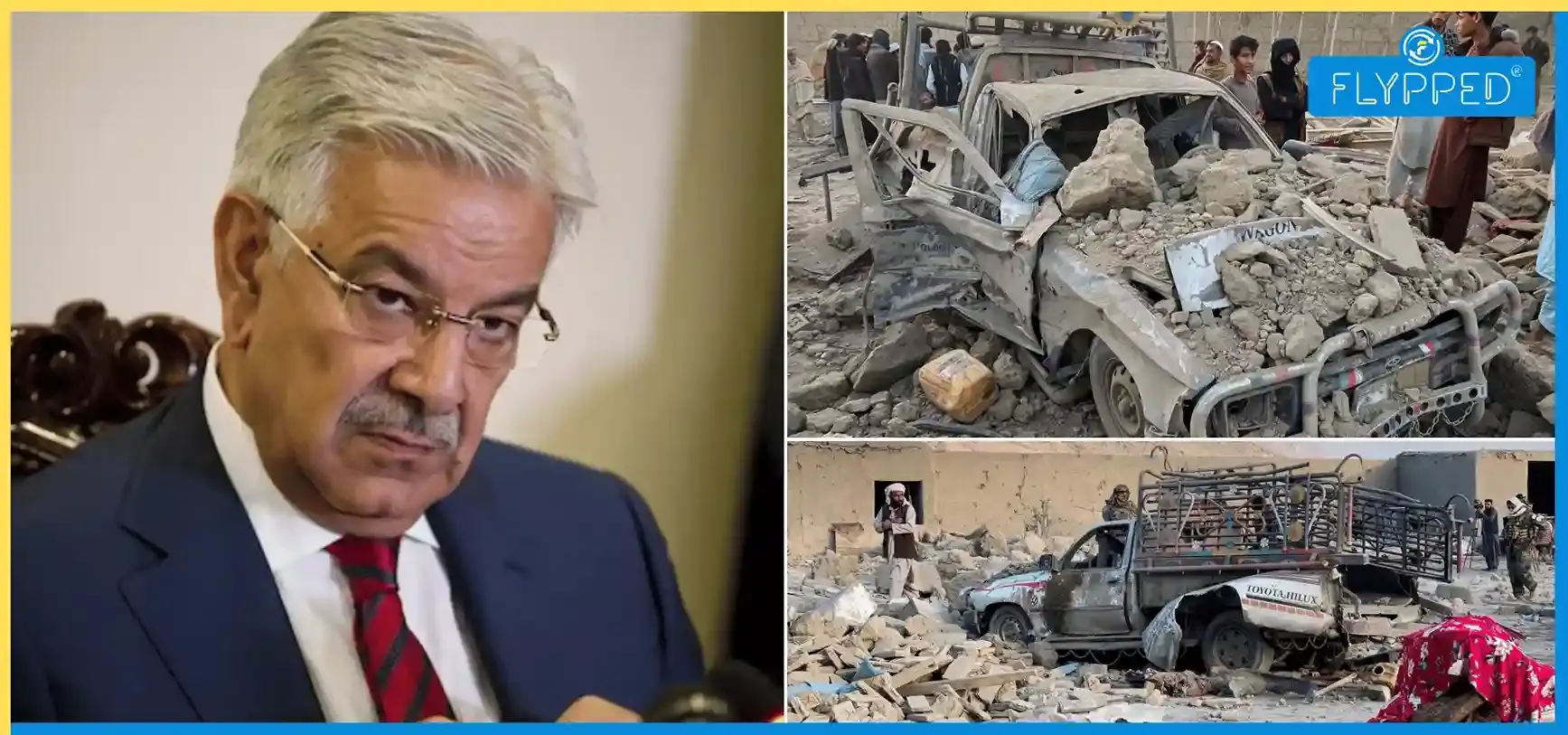Air Pollution Responsible for 8.1 Million Global Deaths in 2021, Including 2.1 Million in India

In a sobering revelation, a recent report has highlighted the devastating impact of air pollution on global health. In 2021 alone, air pollution was responsible for a staggering 8.1 million deaths worldwide, with India bearing a significant portion of this toll, accounting for 2.1 million deaths. These alarming statistics underscore the urgent need to address air pollution and its far-reaching consequences.
The Global Health Crisis of Air Pollution
Air pollution has emerged as one of the most significant public health crises of our time. It is a silent killer, affecting millions of people across the globe. The recent report reveals the sheer scale of this issue, with 8.1 million deaths linked to air pollution in 2021. These deaths are primarily due to respiratory and cardiovascular diseases, which are exacerbated by prolonged exposure to polluted air.

The Situation in India
India, with its rapidly growing population and industrialization, is particularly vulnerable to the impacts of air pollution. The report indicates that in 2021, 2.1 million deaths in India were attributable to air pollution. Major cities like Delhi, Mumbai, and Kolkata often experience hazardous air quality levels, particularly during the winter months when smog blankets urban areas.
Causes of Air Pollution
Understanding the root causes of air pollution is crucial to addressing the problem. In India, several factors contribute to the high levels of air pollution:
-
Industrial Emissions: Factories and power plants release large quantities of pollutants into the air, including sulfur dioxide, nitrogen oxides, and particulate matter.
-
Vehicle Emissions: The increasing number of vehicles on the road contributes significantly to air pollution. Exhaust from cars, trucks, and buses releases harmful pollutants like carbon monoxide and hydrocarbons.
-
Agricultural Practices: Burning crop residues, a common practice in rural areas, generates substantial amounts of smoke and particulate matter.
-
Construction Activities: Dust from construction sites adds to the levels of particulate matter in the air.
-
Household Pollutants: The use of biomass fuels for cooking and heating in many households releases harmful smoke indoors and outdoors.
Health Impacts of Air Pollution
The health impacts of air pollution are extensive and severe. Prolonged exposure to polluted air can lead to a range of health issues, including:
- Respiratory Diseases: Conditions like asthma, bronchitis, and chronic obstructive pulmonary disease (COPD) are aggravated by polluted air.
- Cardiovascular Diseases: Air pollution is a major risk factor for heart attacks, strokes, and other cardiovascular conditions.
- Cancer: Exposure to certain pollutants is linked to lung cancer and other forms of cancer.
- Premature Deaths: The most severe consequence of air pollution is premature death, with millions of lives cut short each year.
Vulnerable Populations
Certain groups are more vulnerable to the effects of air pollution. Children, the elderly, and individuals with preexisting health conditions are at higher risk. In India, where access to healthcare can be limited, the burden of air pollution falls heavily on these vulnerable populations.
Mitigating Air Pollution
Addressing the air pollution crisis requires a multifaceted approach. Here are some strategies that can help mitigate air pollution and its health impacts:
-
Stricter Emission Standards: Implementing and enforcing stricter emission standards for industries and vehicles can significantly reduce the release of harmful pollutants.
-
Promoting Clean Energy: Transitioning to renewable energy sources like solar and wind can reduce dependence on fossil fuels and lower air pollution levels.
-
Public Transportation: Investing in and promoting public transportation can reduce the number of vehicles on the road, decreasing emissions.
-
Green Spaces: Increasing green spaces in urban areas can help absorb pollutants and improve air quality.
-
Awareness Campaigns: Educating the public about the sources and health impacts of air pollution can encourage behavioral changes and support for clean air initiatives.
Government Initiatives
The Indian government has launched several initiatives to combat air pollution. The National Clean Air Programme (NCAP) aims to reduce particulate matter levels by 20-30% by 2024. Efforts are also being made to promote electric vehicles and improve public transportation infrastructure.
The Role of Individuals
Individuals can also play a role in reducing air pollution. Simple actions like using public transport, carpooling, reducing energy consumption, and avoiding the burning of waste can make a difference. Additionally, supporting policies and initiatives aimed at reducing pollution can contribute to long-term improvements in air quality.
The Way Forward
The findings of the report serve as a stark reminder of the urgent need to address air pollution. With millions of lives at stake, immediate and sustained action is crucial. Governments, industries, and individuals must work together to implement effective solutions and reduce the impact of air pollution on global health.
Conclusion
The staggering death toll attributed to air pollution in 2021, with 8.1 million global deaths and 2.1 million in India, highlights the critical need for action. By understanding the causes and health impacts of air pollution, and by implementing comprehensive strategies to mitigate it, we can work towards a future where clean air is accessible to all.
Click to read the full article






